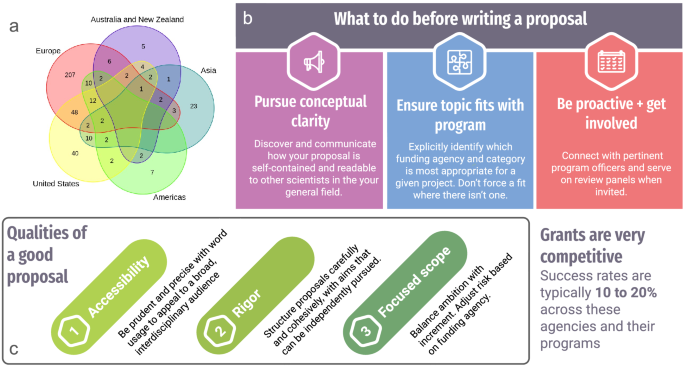Paving the Way for Consciousness Science Funding
Introduction to the Fund Consciousness Science Initiative
In an effort to address funding challenges in consciousness science, we launched the Fund Consciousness Science initiative. Financial backing was provided by the Templeton World Charity Foundation to facilitate a two-day workshop that included subawards aimed at generating preliminary data for future National Institutes of Health (NIH) R01 or other funding submissions. The overarching goal of this endeavor is to better align U.S.-based consciousness research with mainstream funding avenues.
Workshop Overview and Engagement
In March 2022, twenty emerging consciousness researchers from U.S. institutions came together in Washington, D.C. This group consisted primarily of pre-tenure faculty and postdoctoral scientists who sought guidance from seven distinguished panelists—seasoned principal investigators experienced in securing NIH or National Science Foundation (NSF) grants—and four program officers from key funding bodies including NIH, NSF, Office of Naval Research (ONR), and Air Force Office of Scientific Research (AFOSR).
The first phase of our workshop involved each participant delivering a brief presentation about their ongoing projects. Following these flash talks was a productive discussion panel where expert panelists recounted their personal experiences related to securing grants and program officers detailed their specific programs and effective proposal strategies.
A significant portion of our time was allocated to breakout sessions where attendees collaborated in small groups to cultivate project pitches. Each group benefited from real-time feedback provided by both expert panelists and program officials during these sessions as they honed their ideas further.
Pitching Ideas for Alignment with Funding Goals
The groups presented ten-minute project pitches focusing on how their objectives aligned with agency metrics—receiving constructive criticism on topics such as agency priorities versus group interpretations, interdependence among aims, and clarification surrounding specialized terminology used within consciousness studies.
Afterward, participants concentrated on improving their proposals based on insights gained during the workshop—some opted to reconfigure partnerships within teams while others formed entirely new groups—all eligible for seed grant applications intended to generate pilot data inspired by discussions held during our collaborative efforts. A review committee composed of experts subsequently evaluated submitted proposals; eight distinct projects were ultimately granted approximately $150,000 in total seed funds following rigorous assessment.
Tactics for Grant Writing Success in Consciousness Studies
A primary focus throughout this workshop was deciphering strategies that enhance proposal success rates related specifically to consciousness science—a field characterized by its unique challenges among various disciplines where competition is intense (with typical acceptance rates ranging between 10% and 20% across represented agencies).
Navigating Proposal Writing: Key Steps Before Diving In
- Cultivate Shared Understanding: One major barrier identified between consciousness science aspirations and sponsor objectives stemmed from vocabulary discrepancies; hence it’s vital first to establish clear definitions pertinent not just personally but also contextualized academically before commencing any writing.
- Refine Communication Abilities: Once definitions are set clearly among peers from diverse fields addressing grant applications must incorporate straightforward language devoid of niche-specific jargon which might alienate reviewers less familiar with specialized ideals surrounding human cognition such as ‘qualia’ or ‘supervenience.’
Liaising Proactively With Program Officials
- ${Establish Relationships Early:${ Before formally drafting your leave no stone unturned through outreach initiatives directly targeting relevant program officials shed light on ways your research can dovetail seamlessly into broader objectives emphasized across funding channels via informal “white papers” establishing rapport ahead facilitates constructive dialogues without raised stakes typically attributed conventional submissions!
This early ⁢engagement enables fruitful exchanges refining aspects impacting alignment likelihood while showcasing how conscious science intersects scope touches thematic areas like AI-neuro interactions neural coding frameworks attentional learning enhancement neurotechnology advancements etc., thereby tailoring descriptions aligned precisely upward trajectory shared interests adequately reflecting potential outcomes anticipated accordingly therein!
- $Improved Knowledge Acquisition:$ Sample content…
…
